Emergence Re-Stock — the Campaign to Reduce Textile Waste
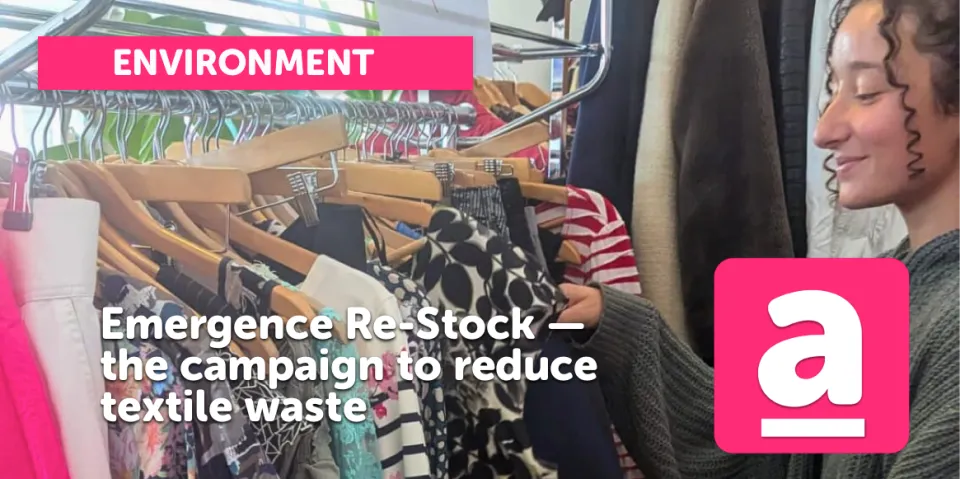
Shalize Nicholas | Emergence: Re-Stock
October 2025
A new community initiative, Emergence Re-Stock, has launched a crowdfunding campaign on Spacehive — a local crowdfunding platform — to tackle the growing issue of textile waste, whilst supporting local people in need.
Emergence Re-Stock is a sustainable fashion social enterprise — it is a Community Interest Company, or CIC — that gives unwanted clothing a second life.
Amplify Stroud is produced 100% through volunteer reporting and writing. We try to cover the issues that matter. If you like what you are reading, please consider supporting us with a paid monthly subscription
UK households throw away around 300,000 tonnes of clothing each year, with much ending up in incineration or landfill.
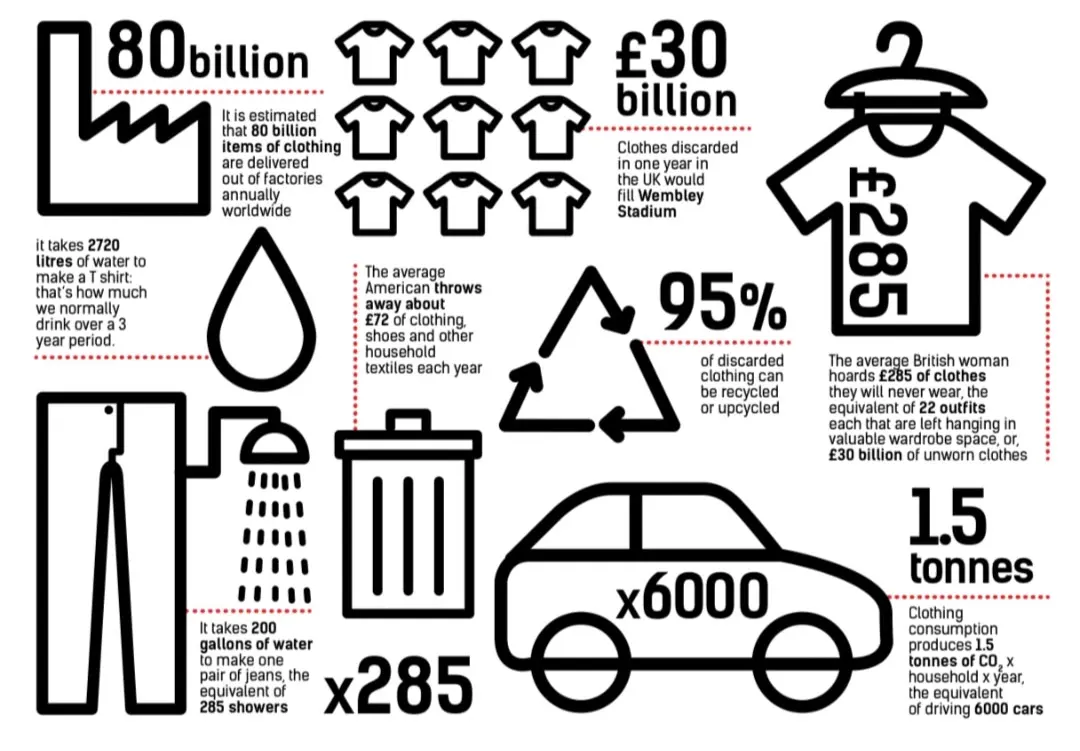
Emergence Re-Stock aims to change this by collecting donated garments, repairing, upcycling and reselling them affordably, and passing unsold pieces on to local charities — they are working directly with local charities to repair their stock too.

— Shalize Nicholas
“Our goal is to bring people together – volunteers, tailors and families – to repair and refashion clothes.
We are hoping to get enough pledges to secure the funding needed for a workshop space and equipment. Then we’ll run repair cafés, upcycling events and clothing swaps that benefit everyone.
“The equipment that we need are things like donation bins, tote bags. And with the clothing swaps, we're working with Transition Stroud, Stroud Valleys Project, as well as Trinity Rooms and Atelier Stroud for their repair cafes - we are currently discussing having guest events with them.”
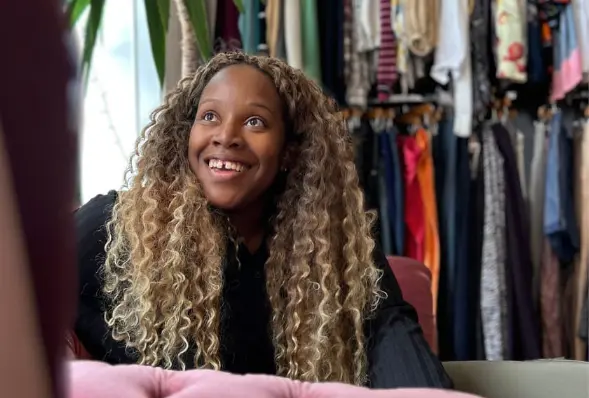
Fundraising goals
The campaign clearly outlines how funds will be spent:
- Workshop and hub
— Renting a community space and covering essential utilities and insurance. - Equipment and materials
— Sewing machines, tools, eco-friendly fabrics and sustainable packaging. - Community programmes
— Repair workshops, clothing swaps and skills-based events. - Outreach and promotion
— Printed guides, social media and local advertising to raise awareness.Each pledge, however small, is vital.
The campaign’s page on Spacehive is inviting early pledges of any size. Once 50 pledges are secured, this campaign can unlock significant matched funding from local partners and grants to bring the project to life.
Community Support
Stroud District Council has already highlighted the project within its Zero Waste Week communications, showing clear support for community-led sustainability.
“Textile waste is a growing issue, but it’s one we can all help tackle.
“Whether it’s repairing, recycling, or reusing, small changes really do add up. We’re proud to support Zero Waste Week and encourage everyone to make a pledge and take action.”
— Cllr Martin Pearcy, Chair of the Environment Committee, Stroud District Council
Local partner organisations Emergence Re-Stock is working with include Humphries & Begg, Lily & Me, Rasmachaz, The Door, Trinity Rooms, and Redz by RYSE, ensuring any donations stay within Stroud’s community network.
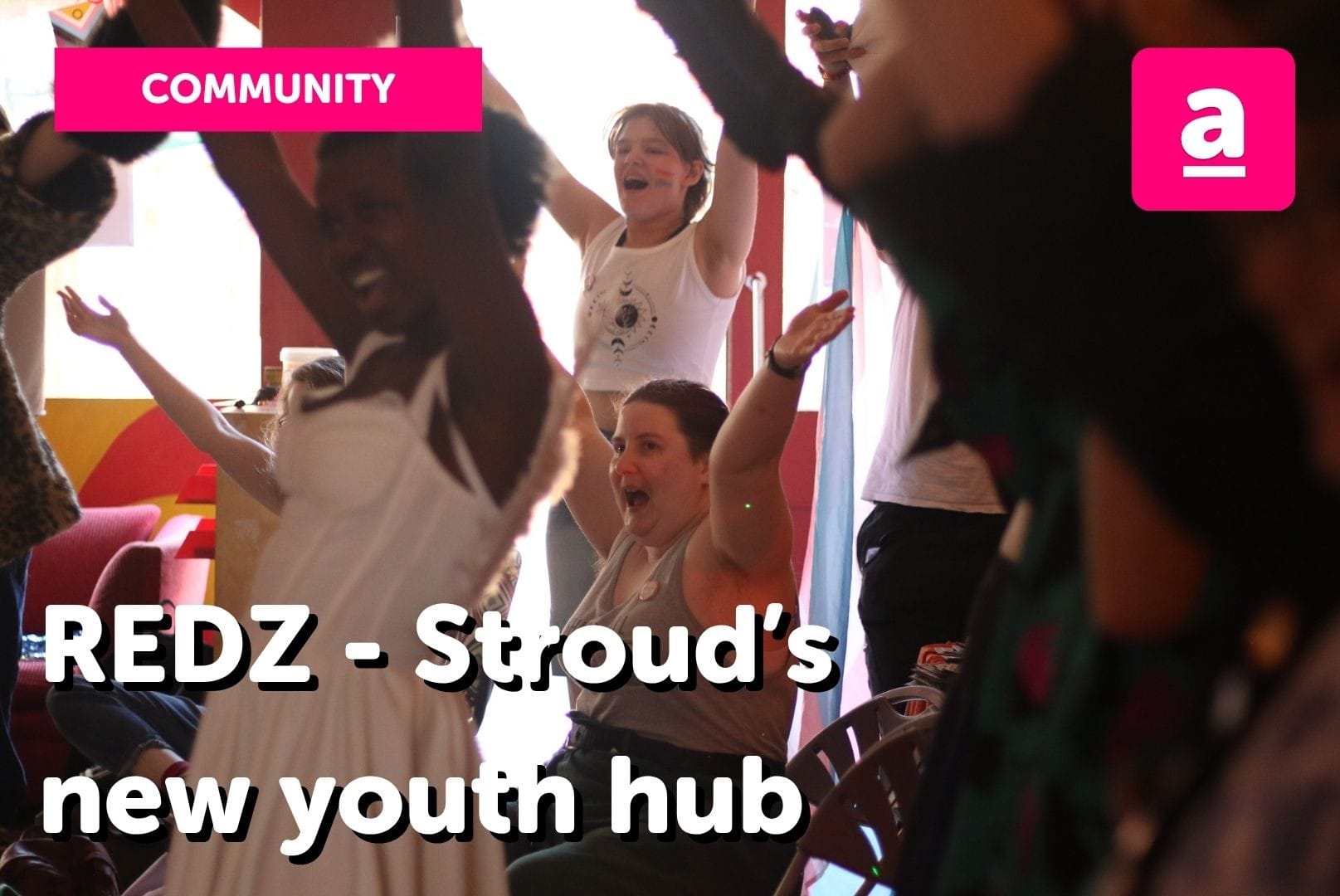
23 October 2025
5 & 6 November 2025
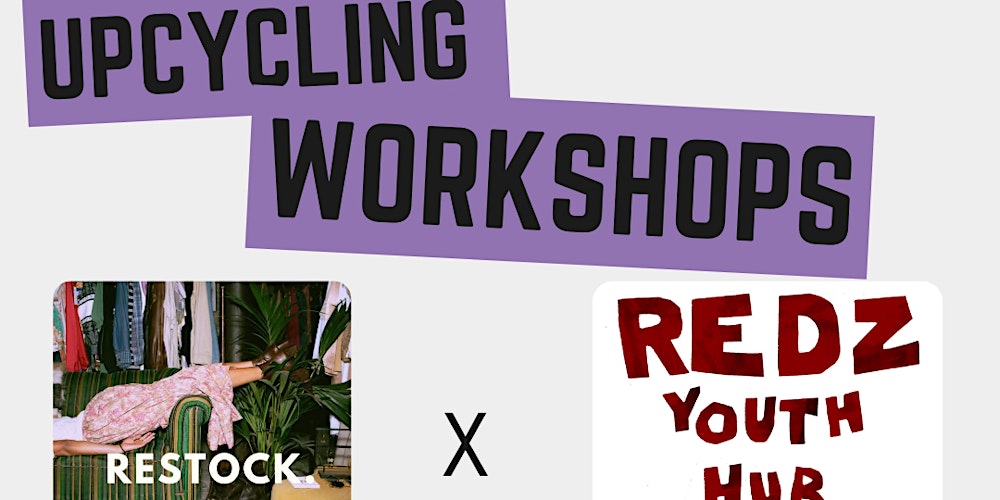
25 October 2025
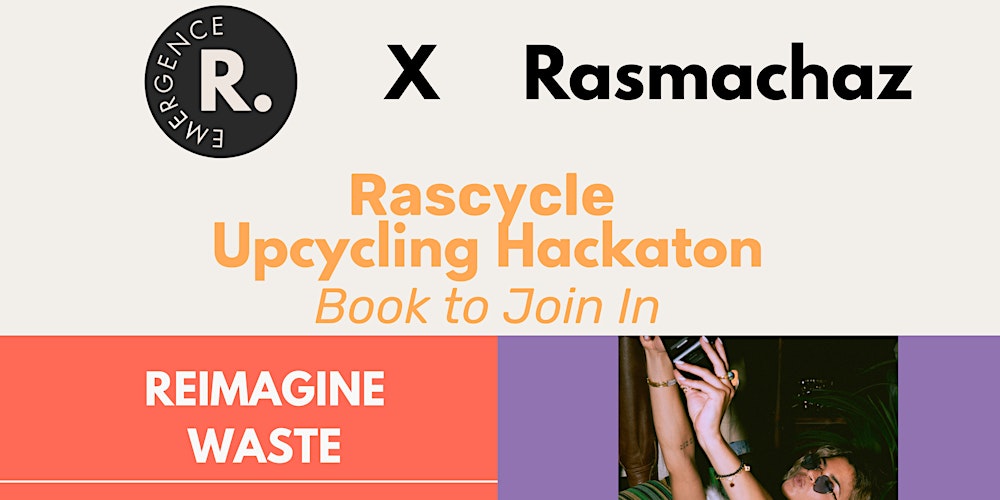
How to Pledge
Supporters can back the project on Spacehive (https://www.spacehive.com/transform-stroud-s-textile-waste) by clicking “Back this project.”
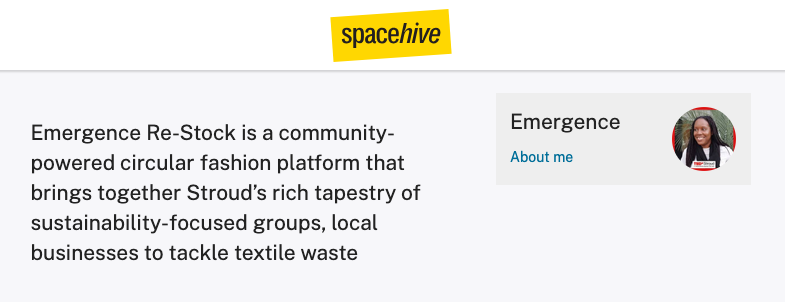
There is no minimum donation – every pledge counts towards the crucial 50-pledge milestone.
Once unlocked, funding will enable Emergence Re-Stock to open its community workshop in early 2026.
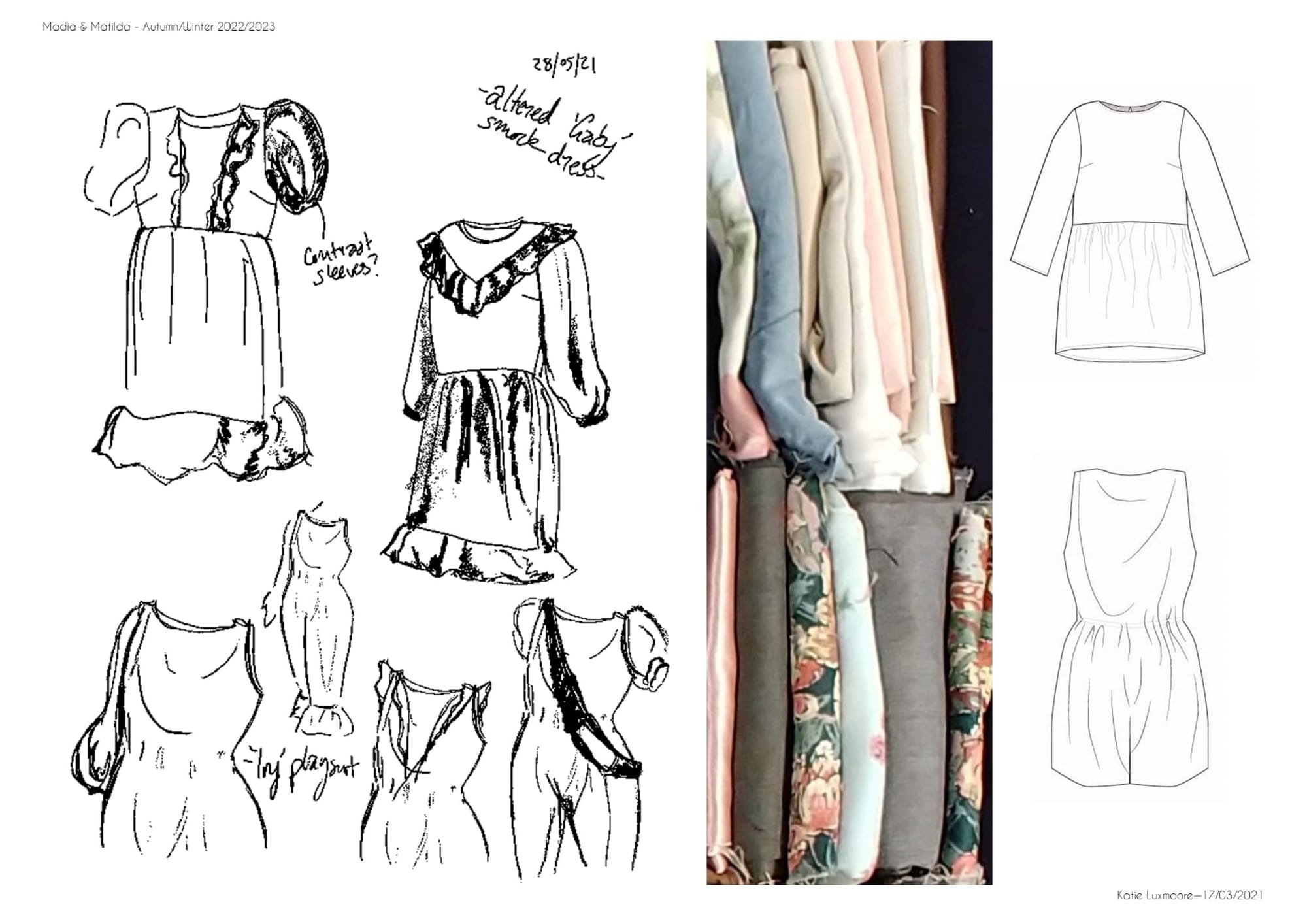
Emergence Re-Stock will reinvest all profits and stock into community programmes. By coming together now, Stroud residents and businesses can directly support greener living, skill-sharing and vital local charities.
The Background
Amplify Stroud interviewed Shalize for this article, here is what she had to say:
Where did this all begin?
“It really began when I was about fifteen, working part-time in retail. That’s where my love for fashion, textiles and visual merchandising first took shape. I was fascinated by how clothing could express personality and tell a story; not just through trends, but through how people chose to wear and style them.”
How did you get involved in Fashion & Textiles?
“Alongside working in retail, I studied Fine Art at Cirencester College, then went on to Manchester Metropolitan University to study Fashion Design Technology.
“I’ve always been drawn to the creative side, but I was equally curious about how brands communicate and connect with people. I took marketing courses with The Prince’s Trust and Young Gloucestershire, which helped me understand how creativity and business could work hand in hand.
“After university, I gained experience working with suppliers that produced clothing for some of the UK’s biggest retailers — from supermarkets like Tesco to well-known high street names such as Primark and Topshop. That experience gave me an inside look at large-scale production, the realities of supply chains, and the contrast between fast fashion and independent design.
“Later on, I launched my own sustainable fashion label, Madia & Matilda, which I ran for ten years. It was a real mix of creativity, entrepreneurship, and purpose; everything from designing and producing garments to handling marketing, PR and e-commerce.
“Over time, I kept developing my marketing skills through further training to make sure my knowledge stayed up to date as the digital landscape evolved.”
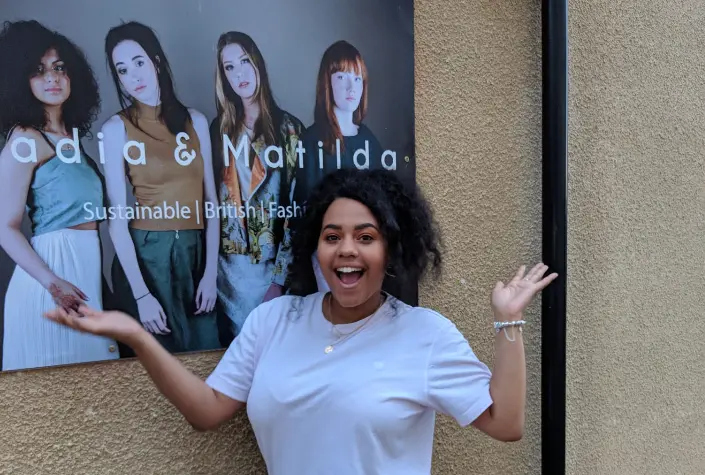
What do you see as the most significant change in the industry over the last decade?
“The biggest change has been awareness. Consumers today are far more conscious of where their clothes come from and how they are made.
“There’s been a huge move towards sustainability, transparency, and ethical production. Though there’s still a long way to go.
“The rise of digital platforms has also transformed how small and independent brands can tell their stories and reach audiences directly.
“Upcycling has become more well known since I started in 2013.”
Do you have any thoughts about Fast Fashion / Mass Production?
“Fast fashion has made style more accessible, but at a huge environmental and social cost.
“It is about valuing our craftsmanship, designing for longevity, and creating more circular systems. My work now focuses on using marketing and storytelling to help sustainable brands grow and connect with conscious consumers.”
Shalize Nicholas is a social entrepreneur based in Stroud.
Shalize has also spoken about the importance of Zero Waste clothing at a TEDx conference held in Stroud. You can watch her talk here.

Amplify Stroud is supported by Dialect rural writers collective. Dialect offers mentorship, encouragement and self-study courses as well as publishing.
You can find out more at https://www.dialect.org.uk/






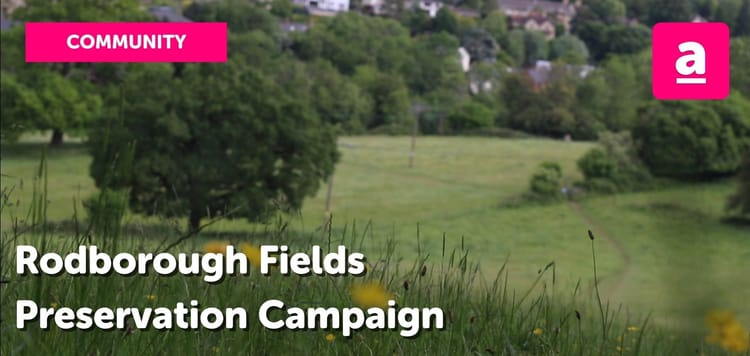

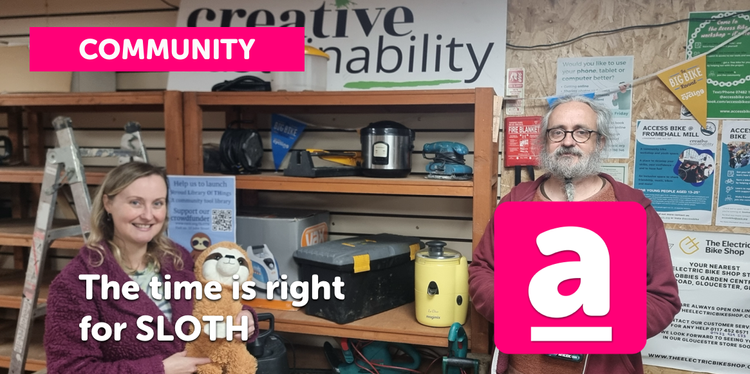
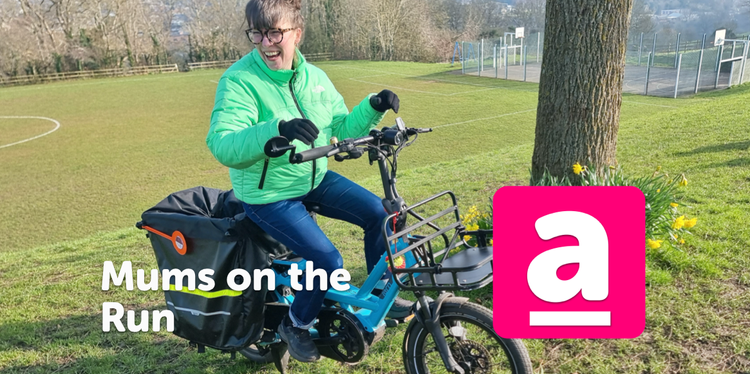
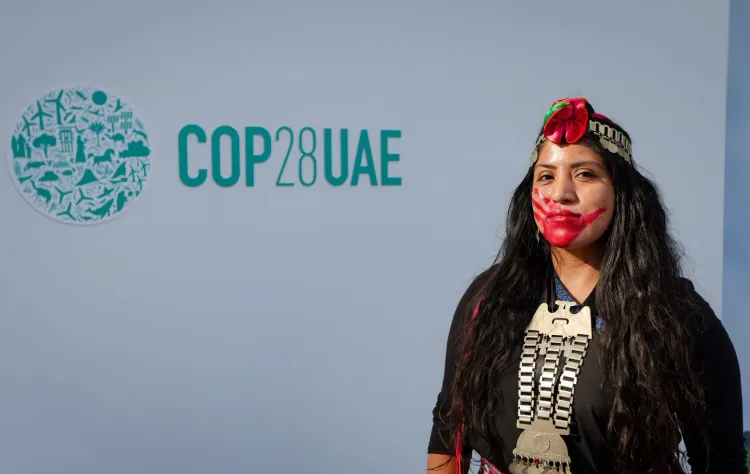
Member discussion